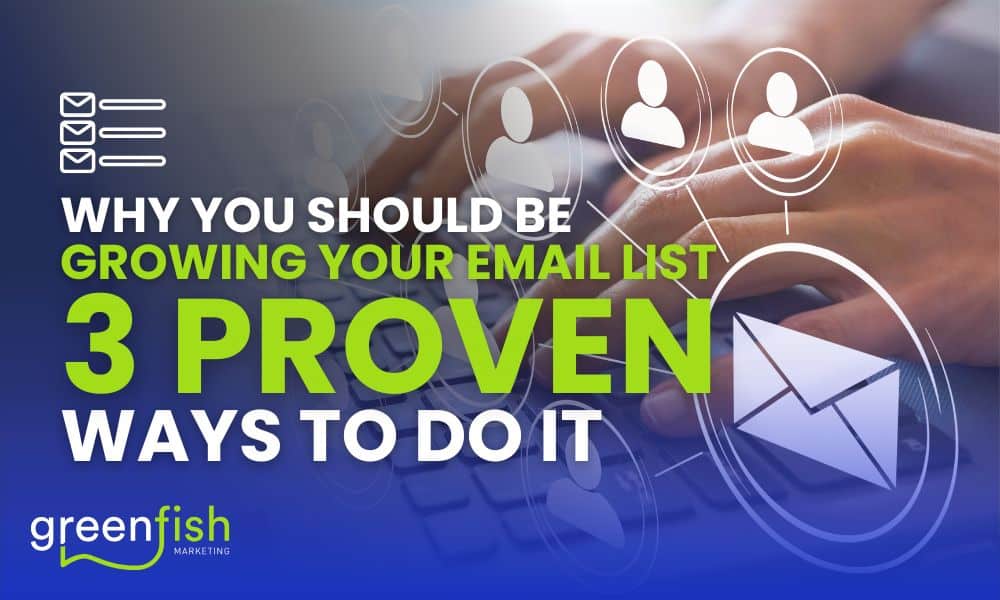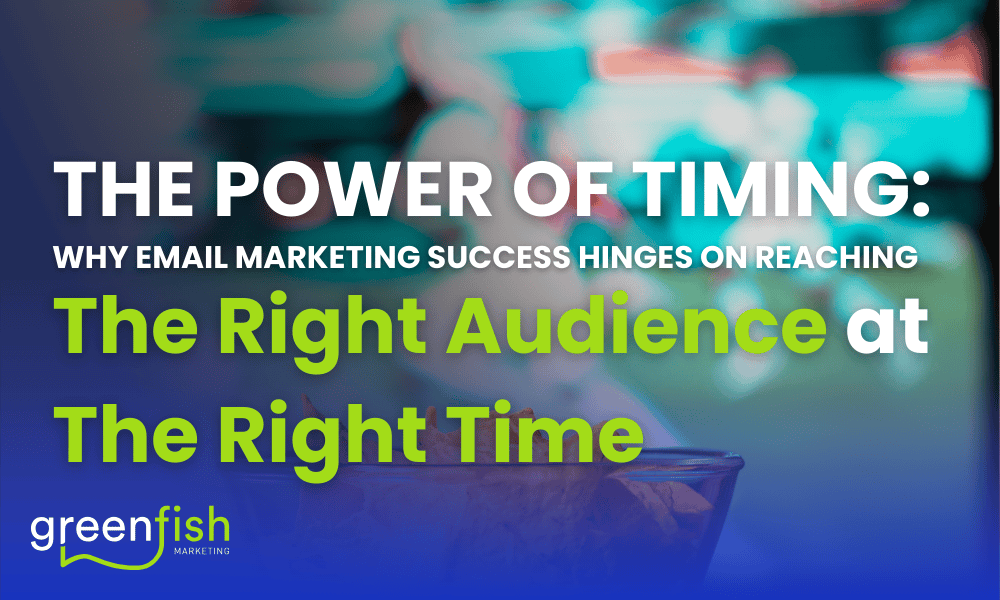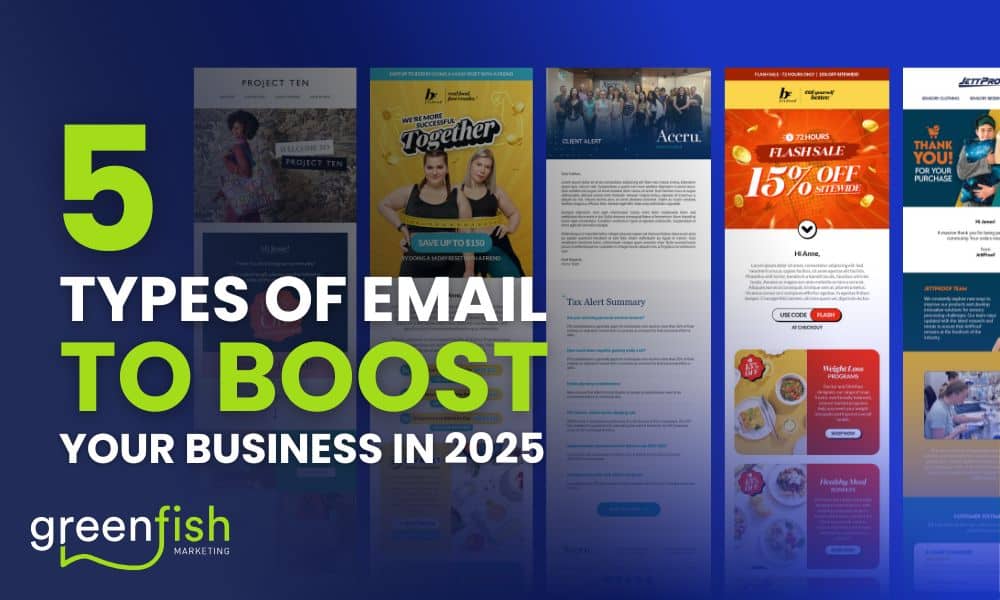A website is the most vital online presence your business can have; a good website at that. You need to be able to promote your brand and deliver strong marketing campaigns among prospects and customers. Whether your company is service or product centric, your business’ website and how you execute is what matters most.
For the product-centric business
Although some may argue organisations that offer services don’t always need a website, this couldn’t be any further than the truth. If you have a service based company you’re selling something that is much more difficult to sell than a physical object, as the primary product you are selling are your skills.
How do you do this? Information is the key to your success. You want a great website that delivers key marketing messages that will leaves your prospects either wanting to know more or ready to do business with you. Testimonials give you to opportunity to present your ‘product’ and promise with social proof, building your brands validity and reliability.
Service based companies will more likely need to focus their marketing to prospective customers within a particular location, therefore marketing messages should be more locally targeted. This can be done through Google My Business (read more about its benefits here) and Google Ads. This marketing tactic will give you a greater chance of driving website clicks and getting more phone calls. Ultimately these leads will opt-in and continue to being a loyal clients, while promoting your company to others.
For the product-centric business
If you’re a business which sells a physical, tangible product then a website is essential. You could be a product based business which purpose is not even to sell online, however you still need to have an presence as it would be for a company offering a service. With e-commerce websites however, there’s no irony when we say a website is mandatory.
Similarly to service centric companies, using marketing efforts such as Google Ads can assist in building exposure for your e-commerce business. Your strategy will more likely be unique, targeting not just local prospects but as far and wide as your audience reaches. Google Ads also gives you the resources to see what’s working with your campaigns and what isn’t, so you can improve your results.
Consumers may also buy something and they may not need to make a similar purchase again. This is when the users online experience is powerful, as you should to ensure there is no friction in the buying process, the website engaging and fast, you’ve reduced cart abandonment risks and are nurturing the past buyers. If they don’t become loyal buyers, at least they might recommend others.
With that being said, the only difference between selling a product and a service is the focus. Obviously knowing the purpose of your business is key to comprehending what the purpose of your website is, along with the points mentioned above. Most importantly, whether your business is product or service-centric it should be above all be customer-centric, meaning you’re providing a positive customer experience through every stage of their journey.



